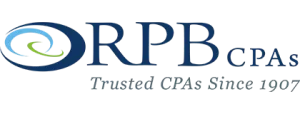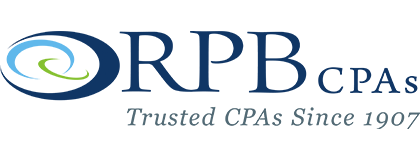2021 dollar limits and thresholds for 401(k)s and similar plans
The IRS recently announced the 2021 dollar limits and thresholds for retirement plans, reflecting the latest cost-of-living adjustments. Here are some relevant amounts for 401(k)s and similar plans:
Annual contributions. The limit on annual contributions to 401(k) and other defined contribution plans will increase to $58,000 (up from $57,000 for 2020).
Compensation. The annual limit on compensation that can be taken into account for contributions and deductions will increase to $290,000 (up from $285,000).
Elective deferrals. The annual limit on elective deferrals will remain at $19,500 for 401(k), 403(b) and 457 plans, as well as for Salary Reduction Simplified Employee Pension plans (SARSEPs). The annual limits will remain the same at $13,500 for Savings Incentive Match Plans for Employees (SIMPLEs) and SIMPLE IRAs.
Catch-up contributions. The annual limit on catch-up contributions for individuals age 50 and over will remain at $6,500 for 401(k) plans, 403(b) contracts, 457 plans and SARSEPs. The annual limit for SIMPLEs and SIMPLE IRAs stays the same at $3,000.
Highly compensated employees. The threshold for determining who’s a highly compensated employee will remain at $130,000.
Key employees. The threshold for determining whether an officer is a “key employee” under the top-heavy rules (as well as the cafeteria plan nondiscrimination rules) will remain at $185,000.
SEP participation. The threshold for determining participation in a SEP or SARSEP will increase to $650 from $600.
Saver’s tax credit. The upper income limit for determining whether certain individuals are eligible for the saver’s tax credit (also known as the retirement savings contributions credit) will increase to:
- $66,000 (up from $65,000) for married filing jointly,
- $49,500 (up from $48,750) for head of household, and
- $33,000 (up from $32,500) for all other taxpayers.
For individuals whose adjusted gross income is below those thresholds, there are also some adjustments to the income levels that trigger a change in the percentage used to calculate the credit.
Employers that sponsor 401(k)s and other defined contribution plans should carefully note when the new limits and thresholds apply. Review and revise employee communications, plan procedures and administrative forms to reflect these changes. Contact us for further information and for help assessing the impact on your plan.
Patrick Hoffert, CPA, Partner © 2020




